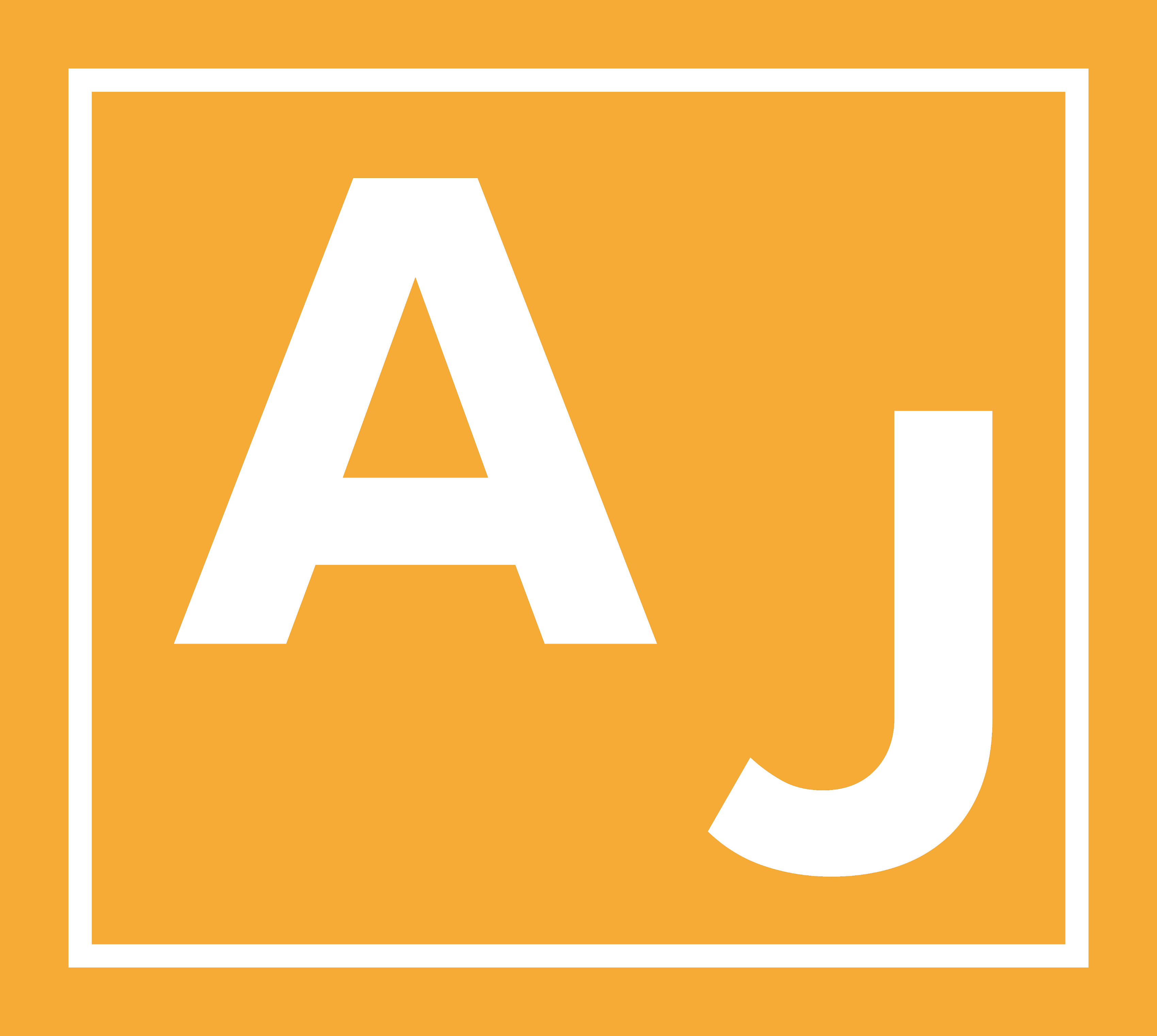Today starts my course on the Ideational Foundations of Computational Social Science at the Department of Political Science at the University of Zurich. The course aims to give an overview of dominant approaches in CSS with a focus on their use in pursuing social science research questions and research designs. One important idea that we will come back to continuously is the importance of interpreting the output of computational methods to connect them meaningfully to contemporary debates in the social sciences.
The course examines the methodological foundations of various popular approaches in computational social science (CSS). Over the last ten years, social scientists have found themselves confronting a massive increase in available data sources. In the debates on how to use these new data, the research potential of “computational social science” has featured prominently. While a lot of attention in the current debate has featured in the adaptation of computational methods new to the social sciences, questions about how to interpret the outputs of these methods meaningfully with regard to substantial questions in the social sciences has fallen short. The current state of the field could be described as method-heavy and methodology-thin. In this course, students will be introduced to a set of novel approaches prominently used in computational social science. We will focus on the roots of these methods, underlying assumptions, and consequences thereof with regard to connecting findings to substantial research interests. We will discuss among other approaches the use of digital trace data, social network analysis, predictive modeling.
In the course we will talk about:
- The core ideas behind Computational Social Science,
- The specific characteristics of Digital Trace Data,
- Measurement in the Social Sciences,
- Prediction in the Social Sciences and Computer Science,
- Classification & Scoring,
- Text as Data,
- Network Analysis,
- Experiments, and
- Simulation.
[Syllabus]
